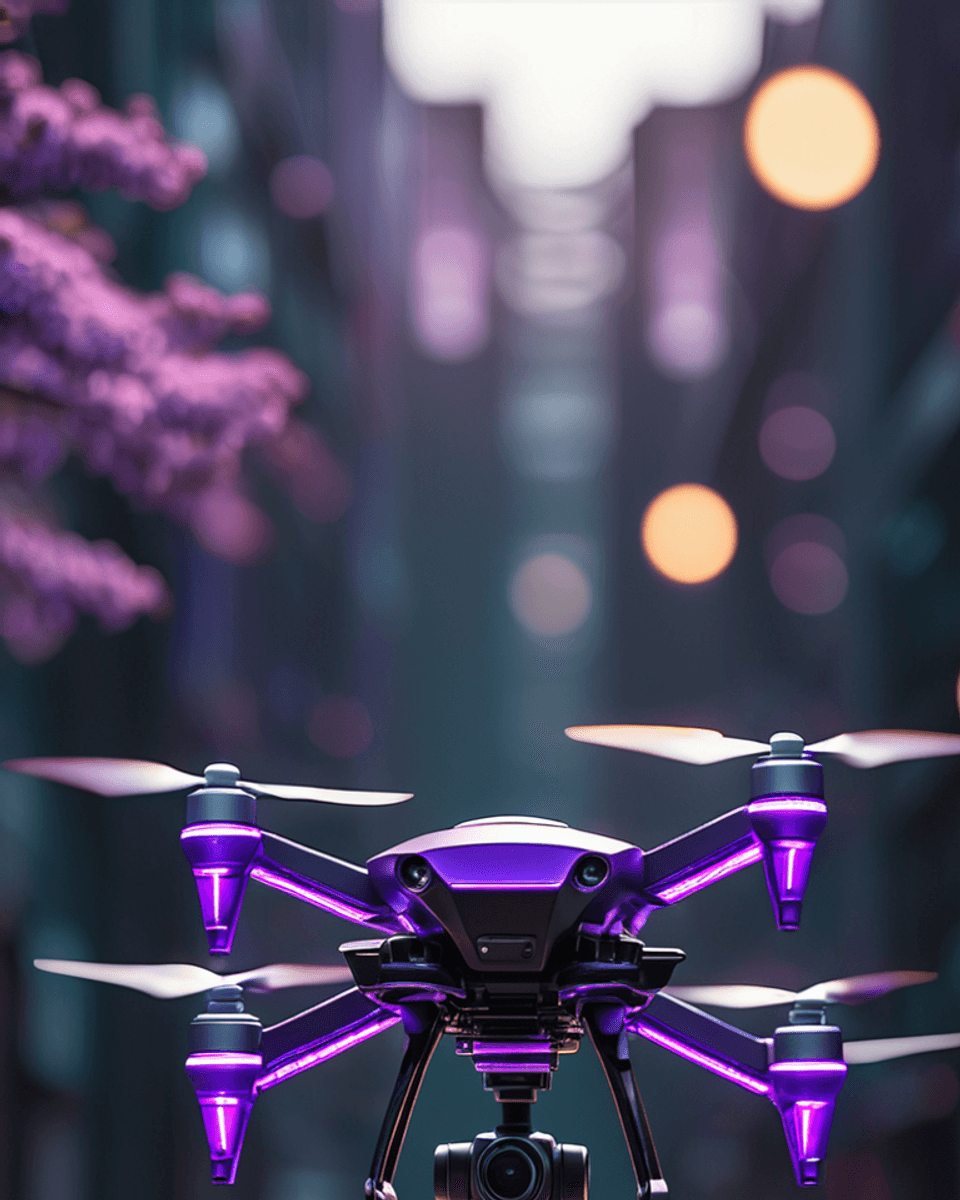5 Ways Drones Are Transforming Education
Introduction
Drones are not just buzzing gadgets; they are transforming the landscape of education, offering new opportunities for hands-on learning, creativity, and exploration. In this blog post, we’ll explore five key ways that drones are revolutionizing education and shaping the future of learning.
Hands-On Learning
Drones provide students with unparalleled opportunities for hands-on, experiential learning. By piloting drones, students can engage with STEM concepts in a tangible way, gaining a deeper understanding of physics, mathematics, and engineering principles. Whether they’re coding flight paths or analyzing aerial imagery, drones empower students to take an active role in their learning process.
Real-World Applications
Beyond the classroom, drones are making a real impact in industries such as agriculture, environmental conservation, and disaster response. By exposing students to these real-world applications, educators can inspire them to explore the potential of drone technology in addressing global challenges. From monitoring crop health to mapping deforestation, drones are opening up new avenues for student-led research and innovation.
Fostering Creativity
Drones are sparking creativity and innovation among students of all ages. Through drone photography and videography, students can capture breathtaking aerial imagery and tell compelling stories from unique perspectives. Additionally, drone racing and obstacle courses provide opportunities for students to design and build their own drone configurations, fostering problem-solving skills and teamwork.
Empowering Inclusivity
One of the most powerful aspects of drones in education is their ability to break down barriers and promote inclusivity. In remote or underserved communities, drones can provide access to educational opportunities that were previously out of reach. By introducing drones into classrooms, educators can engage students from diverse backgrounds and inspire the next generation of innovators, regardless of geographical location or socioeconomic status.

